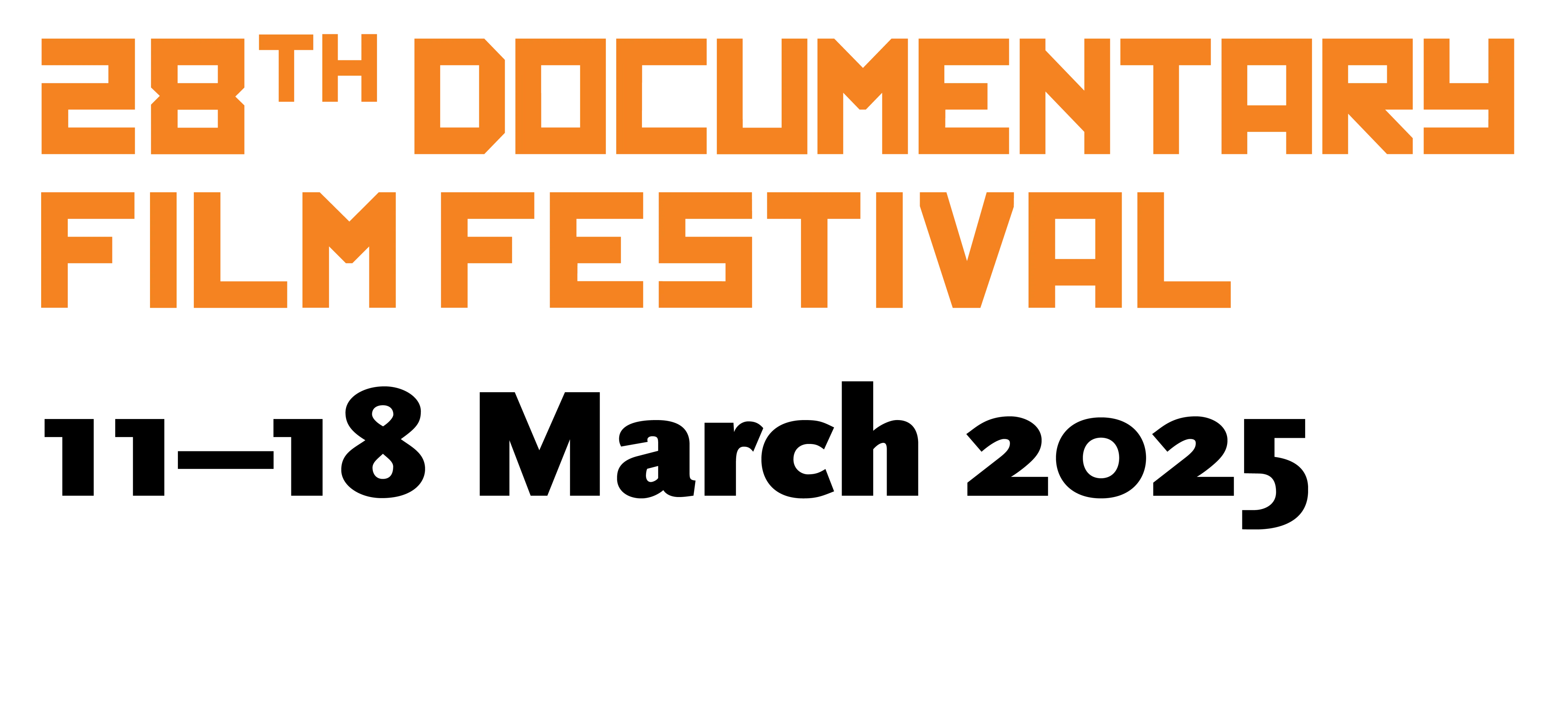Truths and Lies

Cankarjev dom Film Programme Director
Far from being Lipizzans by Olga Kosanović features a vivid (and cynical) comment on the policy of naturalisation of foreign nationals: “If a cat has kittens at the riding school, that doesn't make them Lipizzans”. In the light of the recent death of David Lynch, we might add a cinephilic analogy: “The owls are not what they seem”. The metaphor of two spiritual realms may seem far-fetched in the context of contemporary documentary cinema, but the animal metaphor is apt with reference to this film also because the origin status of the Lipizzan horses has been a long-standing interstate bone of contention.
As usual, there is a strong moment of identification, either on a personal or national level; the filmmaker Olga Kosanović was long convinced that after thirty years of living in Austria she was entitled to a routine formalisation of her citizenship status. But the owls are not what they seem, and her arduous journey to obtaining the precious document has not yet ended. Confident that the society she’d lived in was a homogeneous one, the filmmaker hade to face the frightening realisation that a sharply defined line was dividing the 'us' and the 'them' – and that suddenly she didn't belong to the 'us'.
Status interpretations tend to vary, and ambiguity and manipulation are the driving forces behind many a process. Several of this year's Documentary Film Festival titles deal with the notions of authentic/fake. Let's just look at the whitewashing of Leni Riefenstahl's career and persona: the director spent her whole life trying to obfuscate her role in the Nazi propaganda machine. We were never completely convinced by her story of a naive young woman and "mere" chronicler of the Third Reich. Personal archives opened after her death unequivocally testify to links with the regime that were not merely formal.
An even more graphic example of propaganda engineering is the remarkable Soundtrack to a Coup d'Etat, a story of the decolonisation of the Congo and the instantaneous attempts to reassert political and economic control over the newly created country led by Patrice Lumumba; in their quest for a positive image and to deflect the attention from the coup, the imperial powers of the developed West enlisted the biggest jazz celebrities of the time.
Using a hefty dose of ironic distance so characteristic of the new Romanian cinema, Radu Jude’s Eight Postcards From Utopia deconstructs the myth of the progressive transition of post-socialist Romania in the 1990s, illustrated by ludicrously exaggerated and manipulated television commercials that, among other things, grotesquely exalted the national spirit and Romanian history’s heroic motifs. In his hybrid tour de force Fiume o morte! Croatian director Igor Bezinović adds a dash of playful commentary on the bizarre post-WW I occupation of Rijeka under the leadership of the flamboyant Italian poet, playwright and bon vivant Gabriele D’Annunzio.
But don't get a false impression, most documentaries still get to the crux of our world’s problems, especially when it comes to the neuralgic points in our geographic vicinity; there is no ambiguity in the films about Ukraine and Palestine, the powerful documentaries Intercepted and No Other Land, which are not only stories of war, occupation and oppression, but also accounts of complete dehumanisation at all levels of the dominant aggressor.
